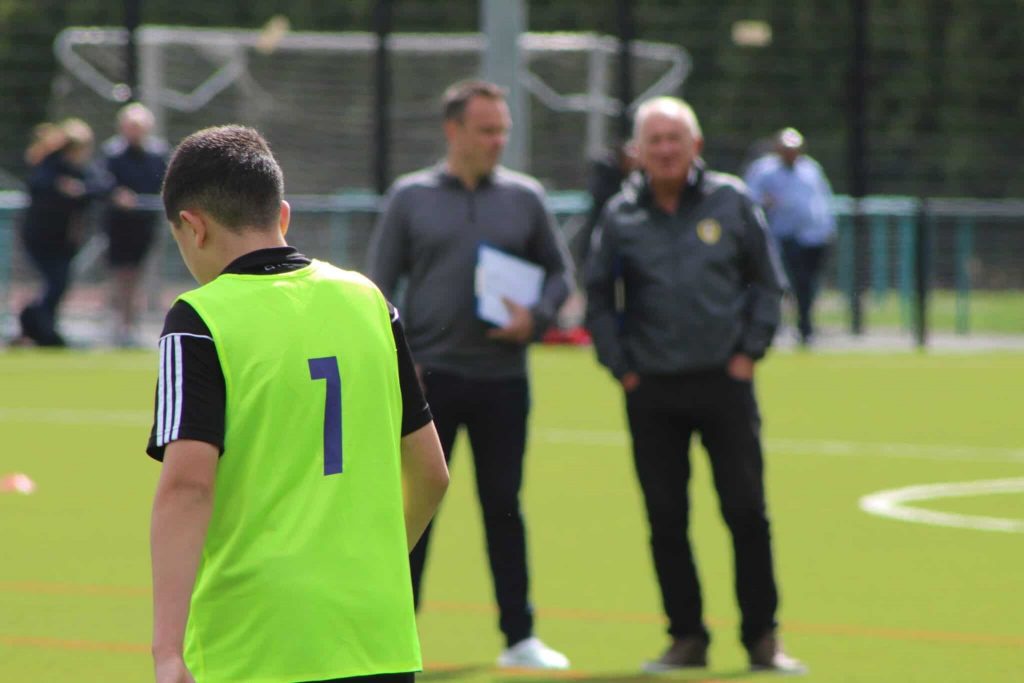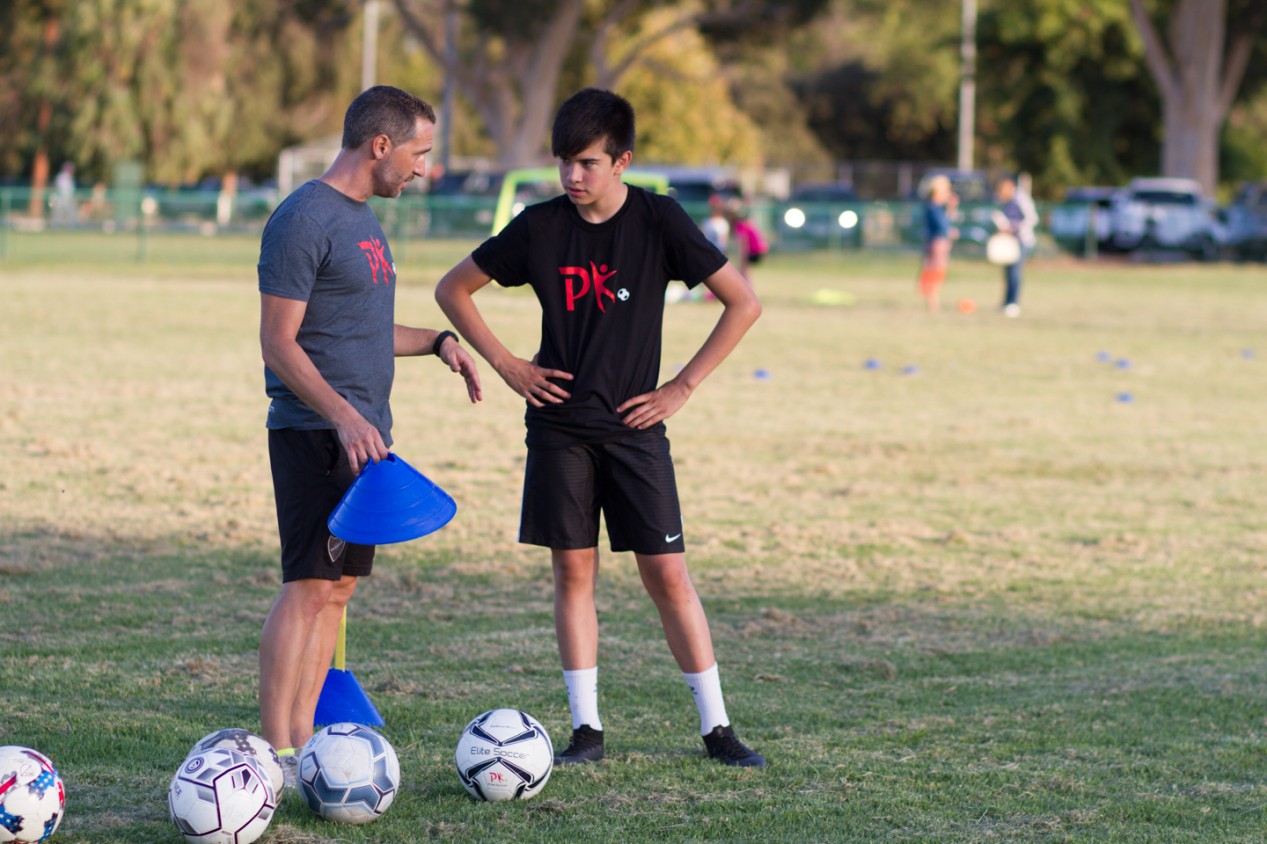To be able to play soccer at a competitive level, there needs to be a system where performance is improved from experience. A quality soccer player will combine what they learned from team training with their natural creativity and intelligence during games. For these abilities to truly develop, every soccer player needs the right coach. In this article, we will discuss the various factors involved in making your selection.
- Benefits of a Good Coach
- Conducting Necessary Research
- Allow the Coach to Perform the Roll
- Adaptive to Different Situations
- Use of Appropriate Technique
Benefits of a Good Coach

A good coach can be the difference in developing a player’s ability in the sport. The coach is responsible for planning training sessions, providing constructive feedback on technique, advising for a proper diet and educating the player on tactical aspects of the game. The right coach will also understand the player’s capabilities. They will strike the right balance, ensuring the player is always physically fit, rather than facing fatigue and burnout. The coach must be knowledgeable of the purpose of every drill, not overlooking key details. Drills selected should help build upon the player’s strengths and improve the player’s weaknesses.
A good private coach will schedule training times between eighteen and twenty hours per week. It is recommended that players stay away from coaches who offer sixty minute sessions or two training sessions per week, as research has indicated that maximum performance is attained when our bodies are at a state of exhaustion. It has also been proven that the final thirty minutes of training is even more critical in comparison to the first hour. Player development occurs when the player is mentally and physically drained, clearly this cannot be achieved in a sixty minute time frame. In the words of Muhammed Ali. “I don’t count my sit-ups; I only start counting when it starts hurting because they’re the only ones that count.”
The question now becomes: “How do I pick the right coach from the pool out there?”
Conducting Necessary Research

By conducting research and background checks, you will be more equipped to make the right selection of a coach. Generally speaking, coaches with playing and training experience are most likely to relate to the demands of the game. The right private coach should be licensed, meaning they have been tested and approved as a coach. It will be important to particularly consider the coach’s philosophy when making this choice. Different systems exist for playing soccer, each with their particular physical, technical and mental demands. You want to select a coach who is knowledgeable in all of these systems. The best coach for your child should be able to clearly and effectively communicate their ideas so that they and their teammates will easily be able to understand the coach’s message. As time goes on, you will be able to properly assess the coach’s abilities based on your child’s performances in games. It is imperative that you also evaluate the reviews of previous players that the coach has worked with before engaging in their services.
Allow the Coach to do their Job

Choosing a coach for your child also means trusting them to make the best decisions concerning your child’s soccer. It is necessary to let your child have regular sessions with the coach and to avoid providing counter tactical instructions at home or in the car before they run onto the field. Regardless of a player’s natural talents, listening and obeying a coach’s instructions are absolutely essential during the early stages of development. Furthermore, steady physical development is extremely important as you want to ensure your child’s practice schedules will not negatively impact their growth and maturation. Working with a good soccer coach can provide a child with invaluable life skills which will be immensely useful in advanced stages of life, on or off the field.
Adaptive to Different Situations

Ultimately, what you want is for your child to optimize their potential. For that to happen, the coach must be confident in their capabilities to take charge in varying situations. Ideally, the coach will have the necessary ability to handle any issues that may come up with the child, such as attention span deficits, which is common in younger children.
Use of the Appropriate Technique

The right coach will command, cheer and caution, but may often employ nudges too. Nudges are meant to influence a person’s choice without explicitly commanding or compelling the choice. Where a coach uses a nudge instead of commands, the child will increasingly feel empowered to make individual decisions during practices and in real games.
As with any other area of athletics, soccer coaches provide guidance and direction that are invaluable in shaping the current as well as future performances of the player. The fact that your child will undoubtedly spend copious amounts of time with their coach is reason enough to suggest that the selection process be a meticulous one. This is an investment in your child’s life and you want to ensure that you make the best decision.



